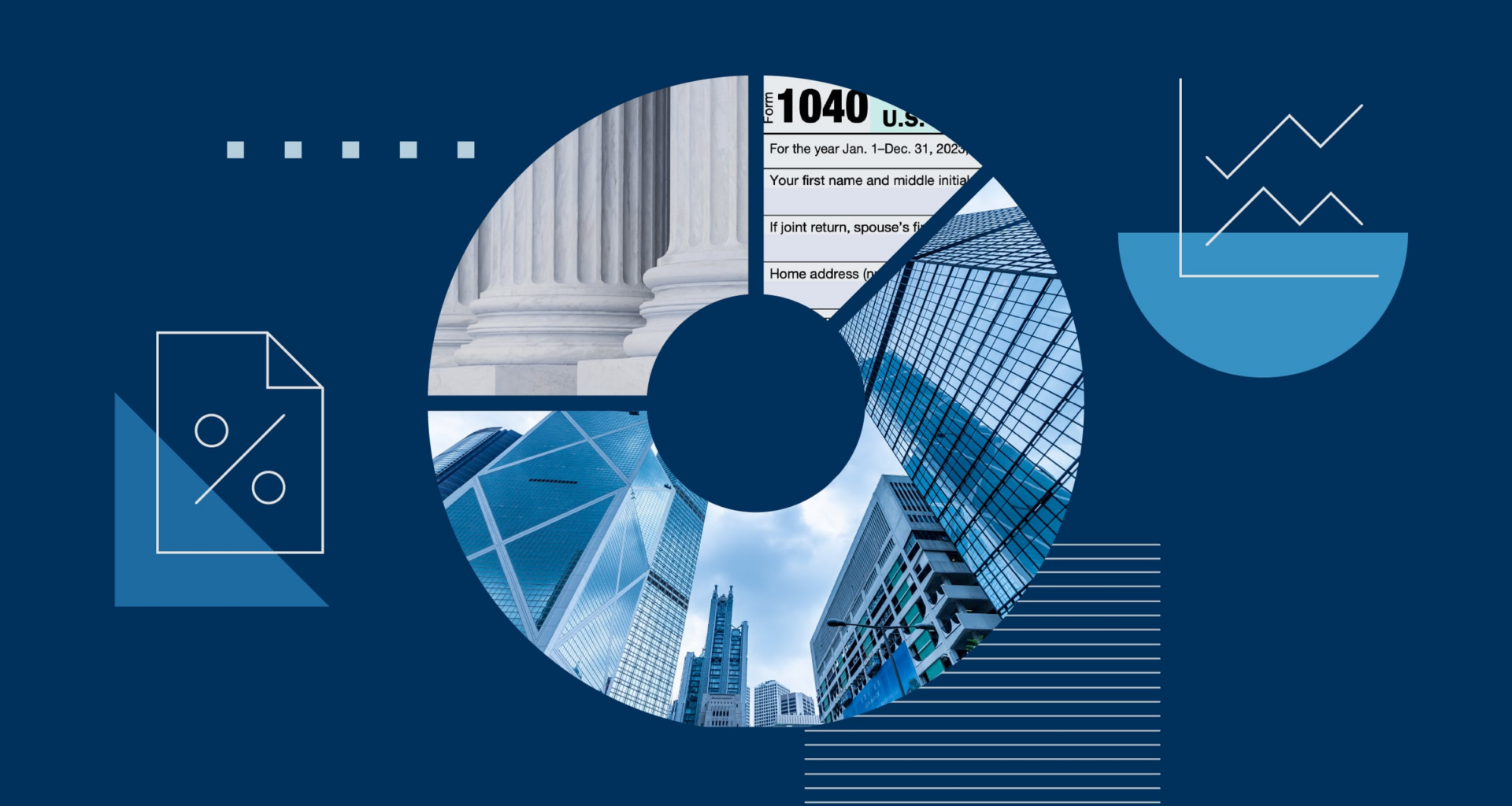The passage of the One Big Beautiful Bill Act, or OBBBA, in July 2025 introduced both permanent clarity and temporary complexity to the US tax code. As trusted advisors, our role is to move beyond mere compliance and guide clients through the strategic implications of these changes, particularly focusing on the temporary provisions. We need to understand the new deduction caps and income phaseouts and maximize wealth transfer opportunities for our clients. Let’s take a look at these.
Navigating the Temporary OBBBA Provisions (2025-29) With Caps
The most urgent planning items revolve around provisions that are scheduled to expire, especially those that might have an impact in 2025.
Elevated SALT Deduction Cap: Expires 2030
The temporary increase of the state and local tax deduction cap to $40,000 (for married joint and single filers) begins in 2025. Note that this benefit is sharply limited by the taxpayer’s modified adjusted gross income, or MAGI.
Maximizing New Targeted Deductions: 2025-28
The new temporary, above-the-line deductions are available to all taxpayers, regardless of whether they itemize, but they are subject to strict caps and income limitations designed to target middle-income workers. Advisors should work to ensure that clients maximize potential tax benefits.
Permanent Wealth Transfer Clarity
The OBBBA’s permanent extensions provide a clear runway for long-term strategies in estate planning and business structuring.
The permanence of the significantly increased estate and gift tax exemption ($15 million per individual in 2026, indexed for inflation) offers a rare window of certainty.
Conclusion
The OBBBA is a major legislative event that requires advisors to adopt a granular, limit-focused planning approach. Because of the various phaseout limitations of temporary provisions and the long-term clarity in estate planning, individualized planning will be necessary to ensure that each client makes the most of their applicable tax benefits. Due to the complexity, it might be best to work with clients’ CPAs.
The author or authors do not own shares in any securities mentioned in this article.
Find out about Morningstar’s editorial policies.
The opinions expressed here are the author’s. Morningstar values diversity of thought and publishes a broad range of viewpoints.

